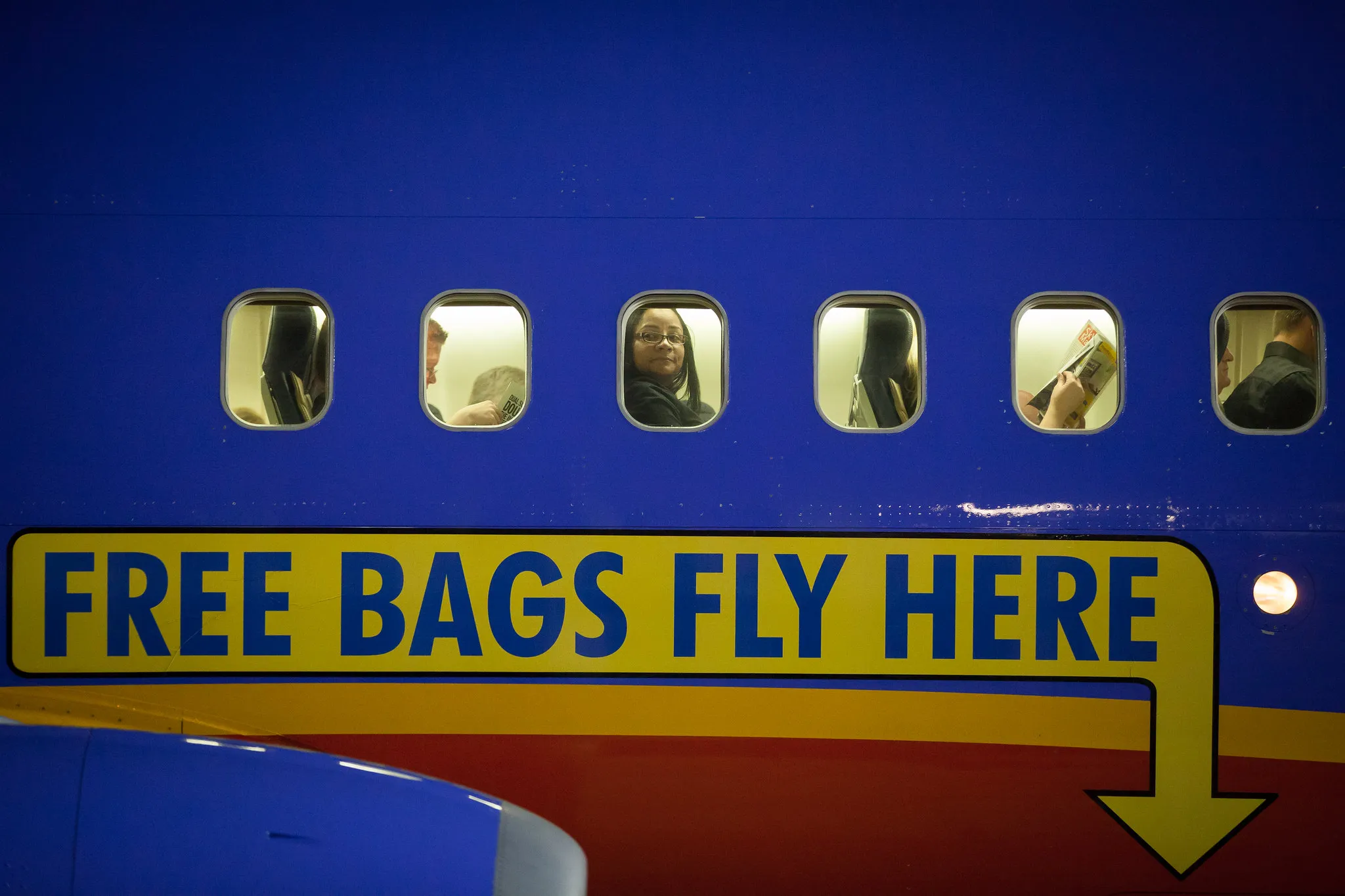Why Hotels Need to Worry About Millennials and the Sharing Economy
Skift Take
When the CEOs of many big hotel chains, such as Marriott's Arne Sorenson, are asked to comment about the rise of sharing-economy sites such as Airbnb, they often talk about the trend as if it were an interesting sideshow because for the most part they haven't felt much hurt yet.
But, a new report from PhoCusWright on private accommodation rentals -- vacation homes, apartments and rooms -- should give the entire lodging industry something to think about.
Although the report, Share This! Private Accommodation & the Rise of the New Gen Renter, finds that U.S. leisure travelers' propensity to book private accommodations increased to 14% in 2013, up from 8% in 2010, it points out that U.S. hotel industry performance "is at an all-time high," blunting the impact.
"Private accommodation is taking business away from traditional lodging, but hotels aren’t feeling it," the report says.
But, among the potentially disturbing trends for hotels, the report found that "the more travelers rent, the less often they book hotels."
And more than one third of renters in the report's survey of U.S. leisure travelers, conducted earlier this year by Global Market Insite for PhoCusWright, considered a hotel stay, but chose a vacation home, apartment or room for their most recent stay.
To be sure, the percentage of U.S. leisure travelers who prefer hotels over private rentals is solid and daunting for reasons including safety, reliability, rewards and habit, among other factors.
The report found that 82% of U.S. leisure travelers who normally book hotels did not even mull private accommodations for their stays.
The New Customer
The study identified a type of traveler identified as "new gen renters" (NGRs), defined as age 18 to 34, who currently make up 31% of all rental travelers.
"Accommodation providers of all types -- hotels and homes, suppliers and sellers -- must prepare for new behaviors, motivations and aspirations," the report states.
The NGRs base their lodging decisions less on the physical attributes of the accommodations "and more on inspiration and aspirations, such as having a unique, casual and home-like experience," the study found.
As Skift pointed out in its own report, The Rise of the Silent Traveler: Reaching Out to the Mobile-First Travel Consumer, for this next generation traveler it is all about digital.
More than 40% of NGRs in PhoCusWright's survey booked a hotel on their mobile phone within the last 12 months., for example.
And to younger travelers, the sharing economy isn't just about lodging choices. More than 20% of the NGRs in PhoCusWright's survey used a mobile car service or ride-sharing app in the last 12 months -- and that was a much higher rate than for all U.S. leisure travelers.
As the PhoCusWright study and others show, Millennials are more apt to consider apartment rentals and vacation homes for their stays than older travelers, and they are looking for unique, spontaneous and personalized experiences.
To their credit, many of the big hotel chains recognize these trends, and they have been busy upgrading their technologies with mobile check-ins, developing digitally oriented lobbies, and launching lifestyle brands emphasizing the local vibe.
But, in the coming years, it is clear that the big chains will have to accelerate these and other changes as the sharing economy in the lodging industry becomes much more than a sideshow.





